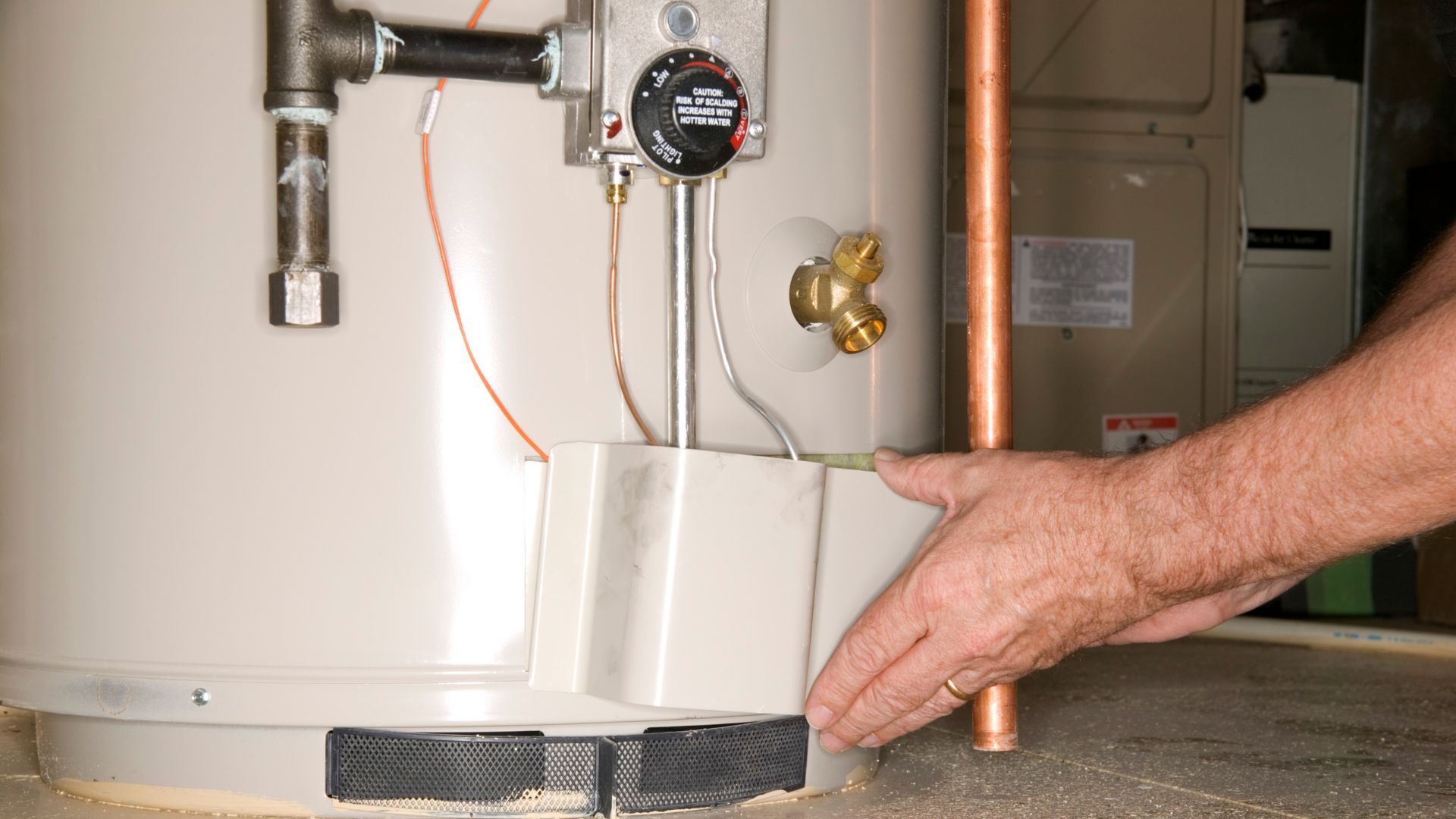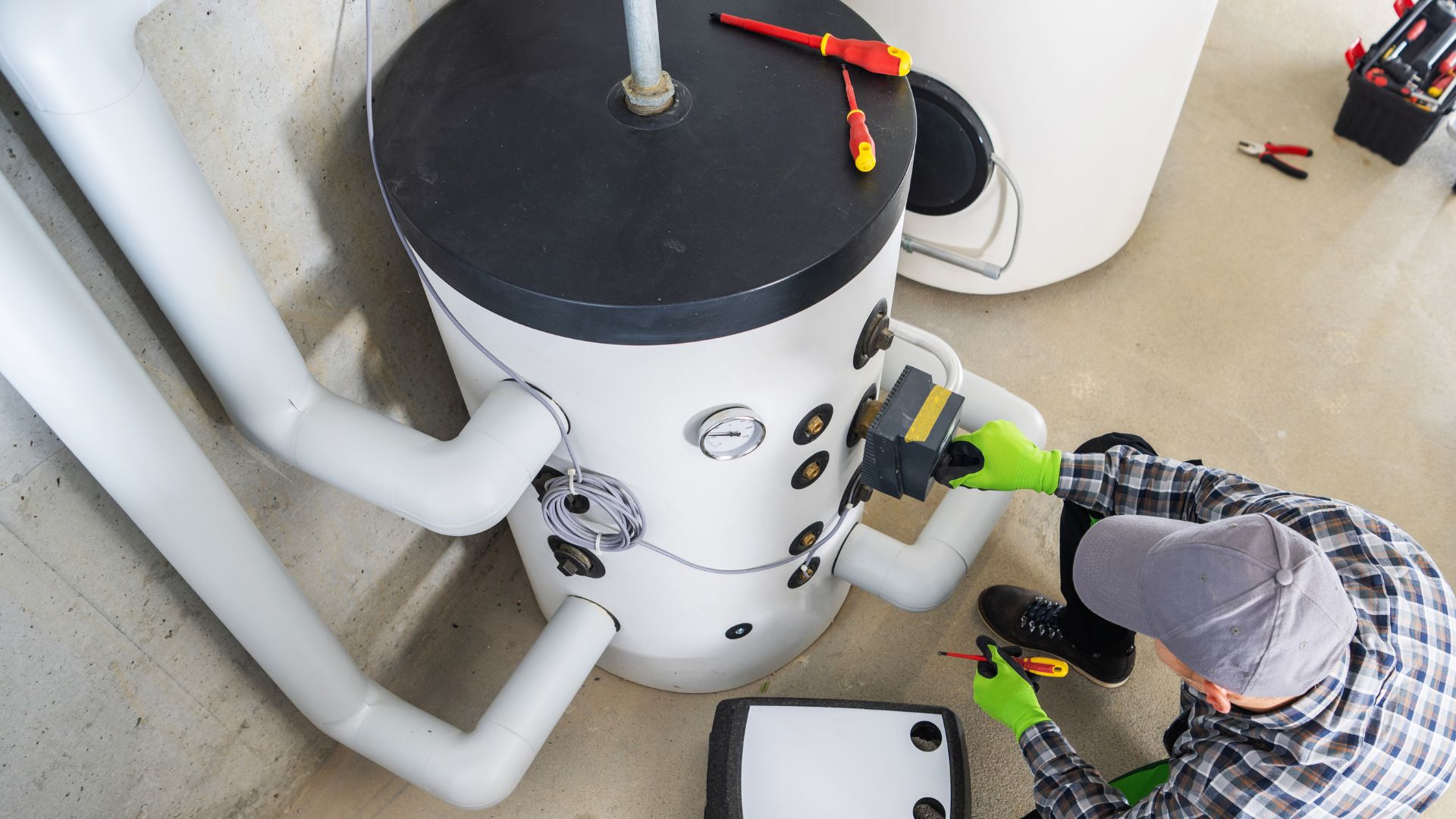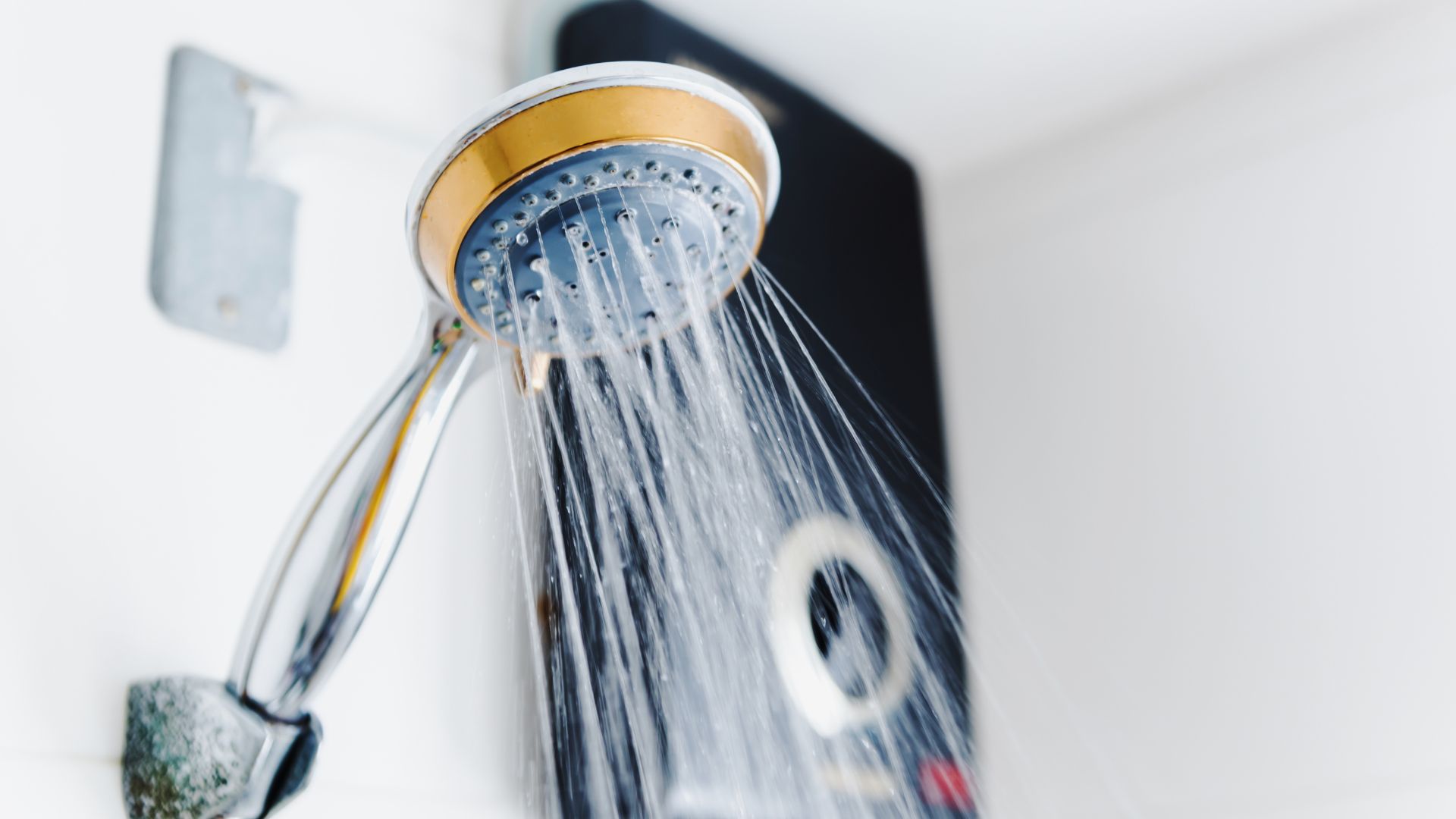7:00AM to 5:00PM
A reliable hot water supply is essential for every homeowner, allowing us to comfortably shower, wash dishes, and meet other daily needs. However, even the most durable hot water system eventually reaches the end of its lifespan.
Missing the telltale signs that your current appliance needs replacing can lead to unexpected, costly breakdowns and significant inconveniences.
This blog post serves as a guide for knowing when to upgrade your aging unit and selecting the ideal new system for your household’s requirements. We’ll walk through the key indicators signalling it’s time for a new water heater and provide advice tailored to your family’s hot water usage on choosing the most efficient replacement with the best return on investment.
With some preventative maintenance and attention to your hot water system’s lifespan, you can avoid emergencies and ensure a consistent flow of hot water for all your home’s necessities.

If you’ve noticed that your shower jumps from hot to cold without warning, this inconsistency can be a sign that your water heater is on the fritz. This common issue shouldn’t be ignored, which could indicate a more severe problem.
Most hot water systems, be they gas hot water systems or electric systems, have a typical lifespan of 8 to 12 years. If yours is reaching the end of this range, consider a new hot water system upgrade. A brand-new system can save you from unexpected breakdowns and inefficient performance.
An increase in energy bills can be a subtle hint that your hot water system is consuming more energy. As systems age, they often require more power to heat water, leading to higher electricity or gas bills.
The need for frequent repairs or strange noises like bangs, creaks, or whining from your tank can indicate sediment build-up or that parts of the system are worn out. These are telltale signs you should not ignore.
Choosing to upgrade to an efficient hot water system can bring numerous benefits:
When selecting a new hot water system, the first step is to assess your household’s needs and daily hot water usage. Consider the number of people in your home and how much hot water is used for showers, washing dishes, etc. This will help guide you in choosing a system that is the proper size—not too big and not too small.

Various hot water systems are to be evaluated, including traditional tank heaters, tankless on-demand heaters, heat pump water heaters, and solar water heaters. Each has its pros and cons, depending on your requirements. It’s also crucial to take into account size and capacity factors.
Choosing the correct capacity is vital—an undersized tank will lead to running out of hot water, while an oversized one wastes energy. Carefully estimating your home’s expected hot water demand and researching the available systems will help you pick the ideal hot water heater.
When evaluating the cost of a new hot water system, it’s important to weigh the upfront investment against potential long-term savings.
While the initial cost of an energy-efficient system like a heat pump, tankless electric system, or solar panels can be significant, the long-term savings on utility bills can also be substantial. There are often potential rebates and incentives for installing more eco-friendly systems that can offset some of that initial expense.
Looking for telltale signs like leaks, corrosion, and high energy bills from an aging, inefficient gas hot water system indicates it may be time for an upgrade. Investigating available government rebates and incentives can make the economics of switching to a modern, efficient electric system or solar panels more feasible.
Considering total lifetime costs rather than just the initial purchase price allows you to better calculate the potential return on investment and determine which new hot water system makes the most financial sense in the long run.

Having your new hot water system installed by a professional is critical to ensuring optimal performance and avoiding water damage from incorrect installation.
Maintain your new system with regular checks and servicing to prevent common issues like leaks and sediment build-up and extend the life of your system.
Upgrading your hot water system is not just a matter of convenience; it’s a cost-effective move that can enhance your quality of life, add value to your property, and contribute to energy conservation. If you’re noticing the telltale signs that your current hot water system is no longer performing as it should, it’s time to make an informed decision and consider an upgrade.
Gold Coast Plumbing Company offers expert service and installation for various hot water systems for those in the Gold Coast area. Whether you’re interested in the latest heat pumps, solar-powered models, or a traditional gas or electric system, our professionals can help you find the perfect match for your needs.
Don’t let an outdated water heater dampen your comfort or drain your wallet. Contact Gold Coast Plumbing Company today to explore options and enjoy the benefits of a new, efficient hot water system in your home.
You might need to upgrade if your system is over 10-15 years old, if you’re experiencing inconsistent water temperatures, if your energy bills are increasing, or if you see rust-coloured water or leaks from the tank.
Upgrading can improve energy efficiency, lower utility bills, and a more consistent hot water supply, potentially even increasing the value of your home. Newer systems are often more compact and environmentally friendly.
Consider your household size, hot water usage patterns, energy efficiency ratings, fuel type (gas, electric, solar, etc.), tankless versus tank options, and the overall costs, including installation.
A professional installation can typically be completed within a few hours to a full day, depending on the job’s complexity and whether it’s a simple replacement or a complete system upgrade.
Hiring a licensed professional is recommended unless you have professional plumbing and electrical experience. Incorrect installation can lead to safety hazards, voided warranties, and potential problems with building codes.
Some systems, such as solar water heaters or heat pump systems, are more sustainable and can reduce carbon footprint while providing reliable hot water.